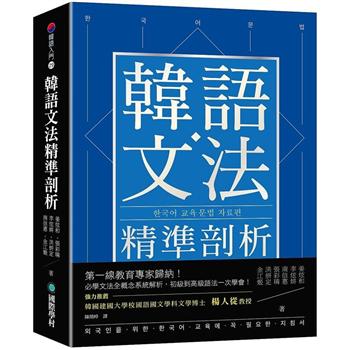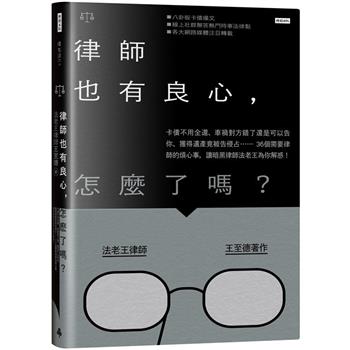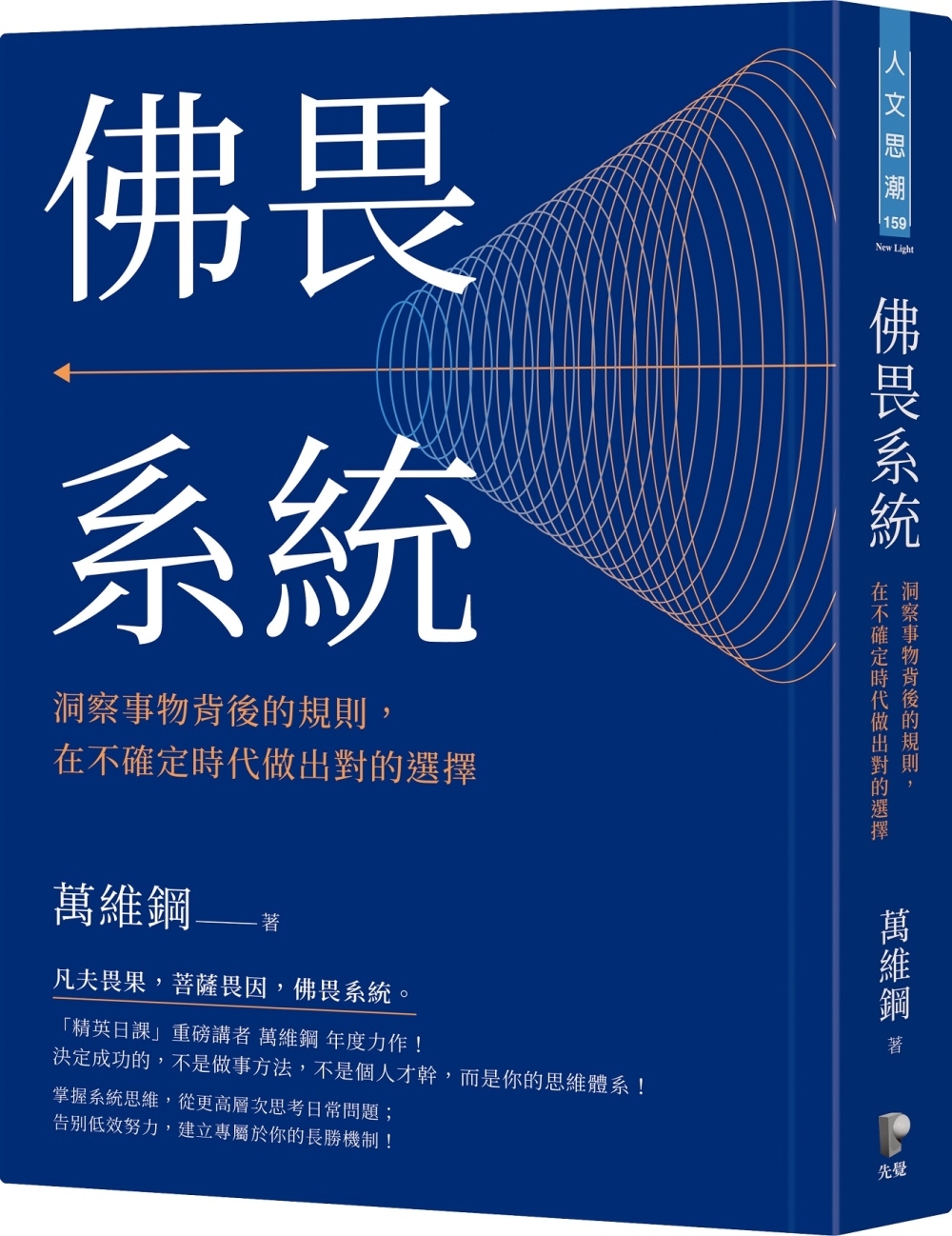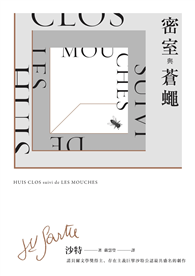Violence between couples is one of the most common forms of abuse. The consequences that this phenomenon has on the victims, but also on the aggressors, are serious enough to justify the multiple investigations focused on the topic.
In the literature, a strong heterogeneity of variables has been linked to this phenomenon (previous history of abuse, sexism, normalization of violence, culture, etc.) in different ways. In the same way, considering violence within the LGTBI+ community, the reviewed literature concludes that intimate partner violence does not entail forms of abuse specifically linked to these couples, since aggressions are manifested in hetero- and homosexual couples regardless of their sexual orientation. This heterogeneity of variables linked with the phenomenon can be assumed to have a positive impact on the prevention of abuse; however, to date, the actions taken have not been sufficient. There is thus a need to adopt a broader approach that includes not only all the social agents involved but also how the world and society are constantly evolving, changing how violence and abuse are perpetrated and interpreted.
In view of the above, this reprint presents ten valuable investigations carried out by researchers of international prestige focused on different contexts, social agents, and the way victims are affected by the variables linked to the phenomenon, indicating how they interact and modify the way teens see romantic relationships and violence.












